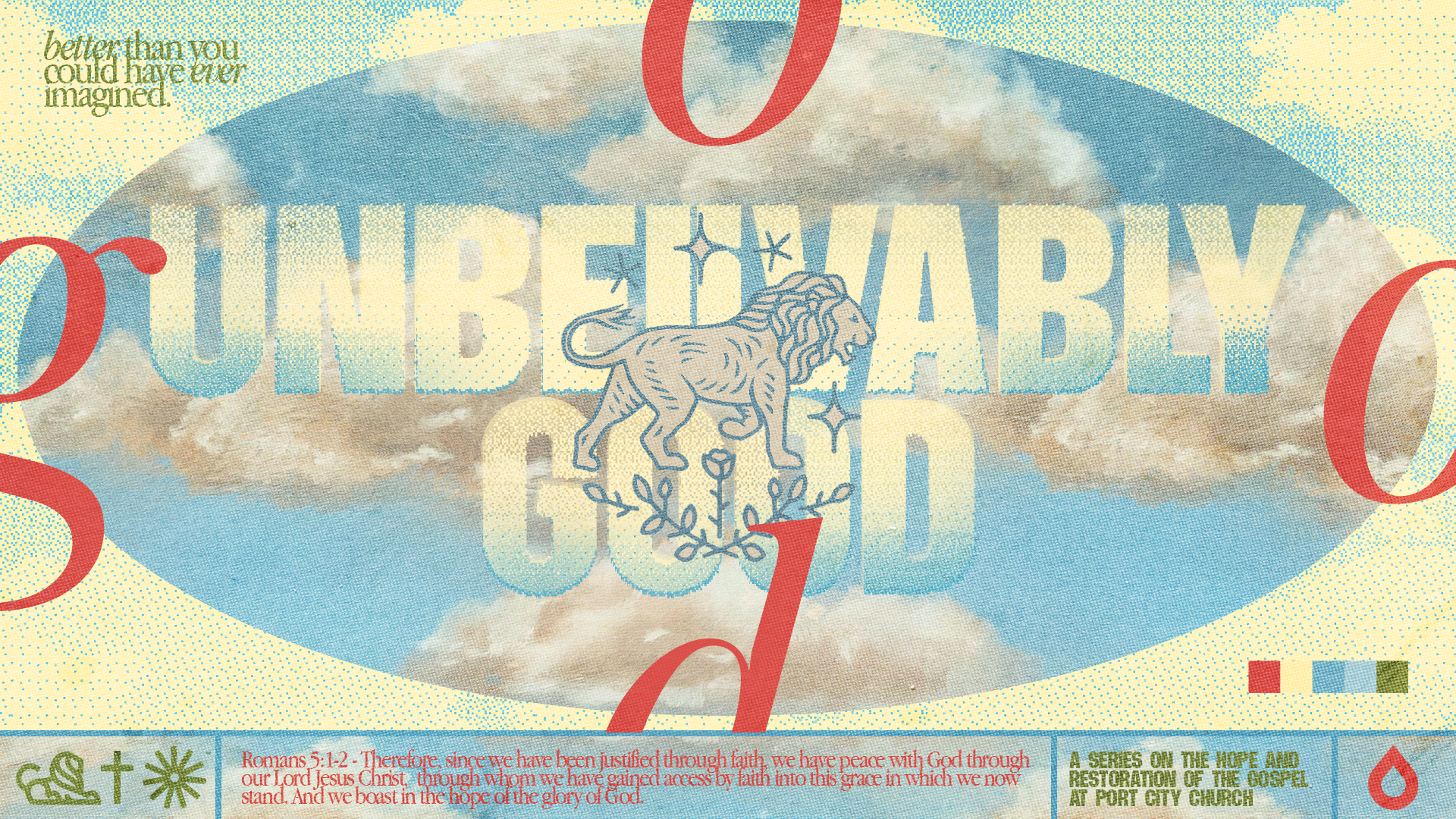Who He Is
READ
In ancient kingdoms, thrones symbolized the ruler's authority and the basis of their power. Some rulers built their kingdoms on military might, others on wealth or conquest. But God's throne—the foundation of His authority—rests on righteousness and justice. This isn't just what He does; it's who He is.
Let’s take a moment to read Psalm 89:14:
Righteousness and justice are the foundation of your throne;
steadfast love and faithfulness go before you.
REFLECT
The Hebrew word for "righteousness" (tsedek) goes beyond moral correctness to encompass the concept of "right relationships." God's righteousness means He always acts in ways that honor proper relationships—with humans, within creation, and according to His own nature. He never abuses power or acts capriciously.
"Justice" (mishpat) involves making things right, especially for the vulnerable. Throughout Scripture, God's justice particularly concerns itself with protecting those who lack social power—the widow, orphan, foreigner, and poor. His justice isn't just punishment of wrongdoing but restoration of thriving for all.
The verse then adds that "love and faithfulness go before you." The image is of heralds who announce a king's arrival. Before God acts, His steadfast love (chesed) and faithfulness (emeth) prepare the way. Even His justice is always preceded by and infused with love.
Many people struggle with the concept of God's justice, viewing it as harsh or punitive. But biblical justice is restorative at its core—aimed at making things right, healing what's broken, and restoring relationships. When properly understood, God's justice isn't the opposite of His love but an expression of it.
This verse challenges contemporary notions that pit God's justice against His love, as if they were competing attributes. Instead, they work in perfect harmony. His justice flows from His love, and His love is always just.
In a world where justice often seems absent—where the powerful exploit others with impunity and the vulnerable suffer disproportionately—this verse offers profound hope. It declares that the universe is ultimately governed not by chaos or power but by a God committed to making things right while maintaining steadfast love.
When we work for justice in our world—standing against exploitation, protecting the vulnerable, and seeking restoration—we reflect God's character. And when we experience injustice ourselves, we can find comfort knowing that justice isn't just an abstract ideal but the very foundation of God's rule.
RESPOND
Take a moment to process what God might be leading you to do in light of what you read.
How does seeing justice as restorative rather than merely punitive change your understanding of God's character?
How might you participate in God's justice and righteousness in your community this week?
REST
Take a moment to rest in God’s presence and consider one thing you can take away from your time reading, then close your devotional experience by praying:
Righteous God, I praise You that Your rule is founded on perfect justice and righteousness. When I witness or experience injustice, remind me that Your love and faithfulness are working to make all things right. Guide me to be an instrument of Your justice and love in the broken places around me. Amen.

